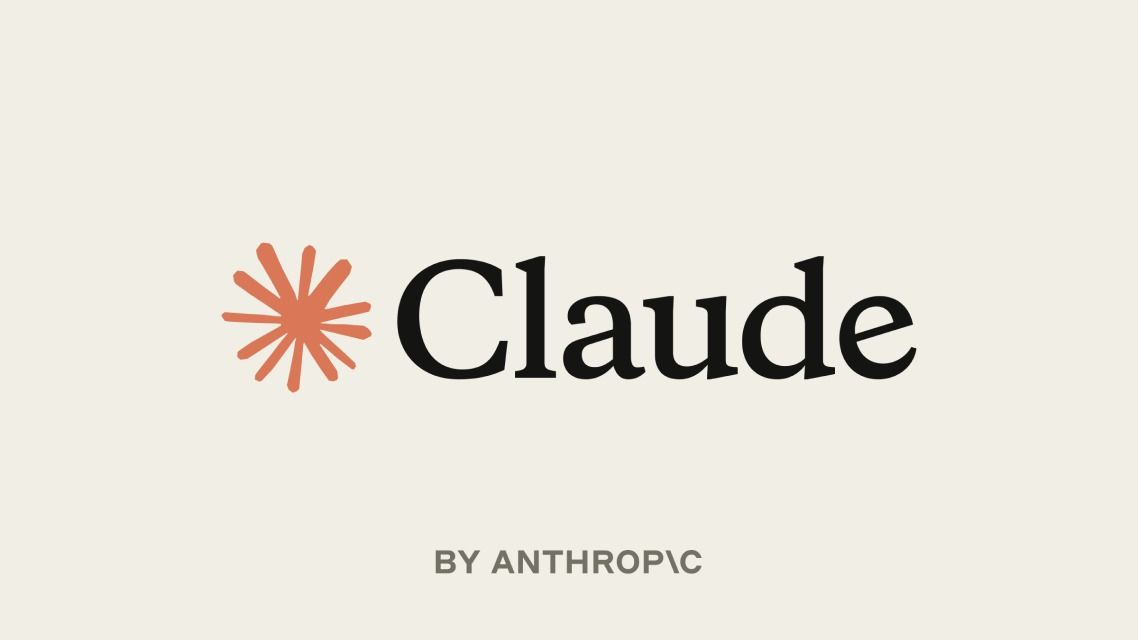
AI Rivalry Heats Up: Anthropic Cuts OpenAI Out of Access to Claude Models Over Terms of Service Violation
Aug 3, 2025 |
👀 134 views |
💬 0 comments
The competitive landscape in the artificial intelligence industry just got a lot more contentious. Anthropic, the developer of the highly acclaimed Claude family of AI models, has reportedly cut off OpenAI's API access to its models, citing a direct violation of its terms of service. The move comes as OpenAI is reportedly preparing to launch its next-generation GPT-5 model, which is rumored to have significantly enhanced coding capabilities.
According to a report by Wired and other sources, Anthropic discovered that OpenAI's technical staff were allegedly using Claude's coding tools to develop and benchmark its upcoming GPT-5 model. "Claude Code has become the go-to choice for coders everywhere, and so it was no surprise to learn OpenAI's own technical staff were also using our coding tools ahead of the launch of GPT-5," Anthropic spokesperson Christopher Nulty told Wired. "Unfortunately, this is a direct violation of our terms of service."
The Allegations: Beyond Standard Benchmarking?
Anthropic's commercial terms explicitly prohibit customers from using Claude to "build a competing product or service, including to train competing AI models" or "reverse engineer or duplicate" its services. Sources familiar with the situation suggest that OpenAI was not just using Claude through a standard chat interface, but was reportedly connecting to Claude via special developer APIs. This allowed OpenAI to conduct deeper tests, evaluating Claude's performance in coding, creative writing, and even its responses to sensitive safety-related prompts (such as those involving self-harm or illegal content). The results of these tests were then allegedly used to compare Claude against OpenAI's in-house models and to fine-tune OpenAI's own systems.
OpenAI's Response: "Industry Standard Practice"
OpenAI has defended its actions, with Chief Communications Officer Hannah Wong stating, "It's industry standard to evaluate other AI systems to benchmark progress and improve safety. While we respect Anthropic's decision to cut off our API access, it's disappointing considering our API remains available to them."
However, Anthropic's Nulty clarified that while some API access for "benchmarking and safety evaluations" is standard practice, the specific usage by OpenAI's technical staff went beyond that, constituting a breach of their commercial terms designed to protect their proprietary technology from being used to create direct competitors.
Broader Implications: The AI API Wars
This incident highlights the intense rivalry and the emerging "API access wars" within the AI industry.
Protecting IP: AI companies are becoming increasingly protective of their intellectual property, especially their powerful foundational models, as the race for AI dominance heats up. This move by Anthropic is a clear signal that they will actively enforce their terms of service to prevent competitors from leveraging their models to gain an advantage.
Benchmarking vs. Training: The line between legitimate benchmarking and using a competitor's model to directly inform or train a rival product is becoming increasingly blurred and legally contested.
Competitive Tensions: This isn't the first time Anthropic has restricted a competitor's access. Earlier, it reportedly cut off access to AI coding startup Windsurf amid rumors of an OpenAI acquisition. Anthropic's Chief Science Officer Jared Kaplan previously stated, "I think it would be odd for us to be selling Claude to OpenAI."
Capacity Constraints: The access revocation also coincides with Anthropic's recent announcement of new weekly usage caps for Claude Code due to overwhelming demand, suggesting that managing capacity and preventing excessive, potentially unauthorized, use is also a factor.
While Anthropic maintains that OpenAI will still retain some API access for general benchmarking and safety evaluations as per industry standards, the broader access revocation for competitive purposes is a significant development. It underscores the high stakes in the AI market, where every model, every line of code, and every strategic advantage is fiercely guarded. The outcomes of such disputes will undoubtedly shape the future of AI development and collaboration.
🧠 Related Posts
💬 Leave a Comment
